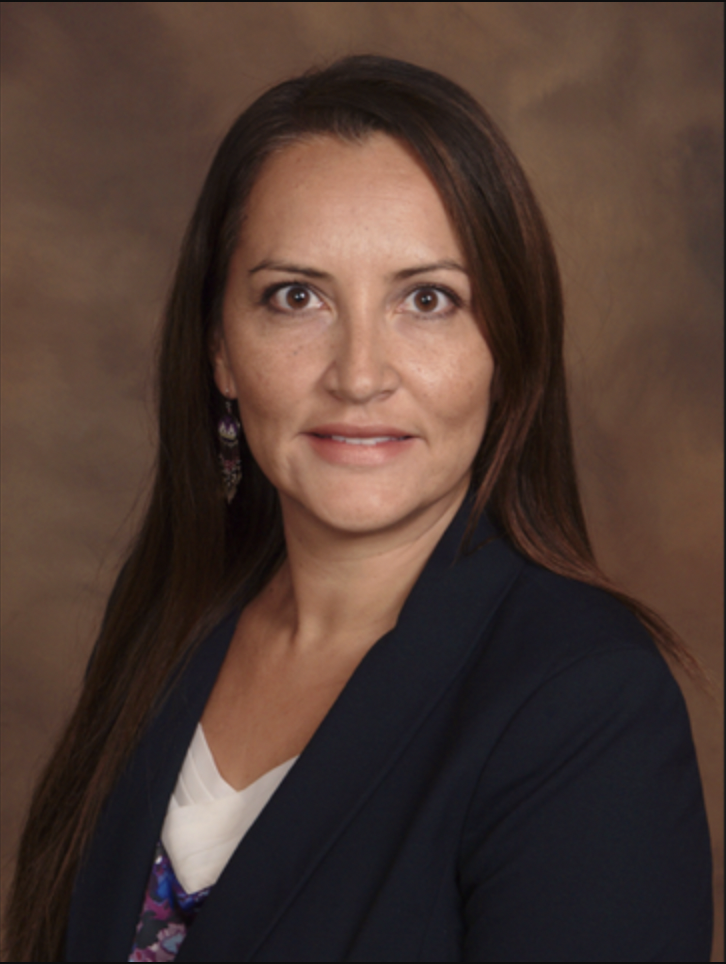The United States Senate on Wednesday confirmed Judge Sunshine Sykes to serve as a judge on the U.S. District Court for the Central District of California. She is a citizen of the Navajo Nation.

When sworn-in, she will become the first Native American Article III federal judge in California, the fourth active Native American federal judge in the nation, and just the seventh Native federal judge ever appointed.
Judge Sykes has served as a California Superior Court Judge on the Superior Court of Riverside County since 2013. She currently presides over a civil litigation department and is the presiding judge of the appellate division.
Judge Sykes received her J.D. from Stanford Law School in 2001 and her B.A from Stanford University in 1997. From 2001 to 2003, she was a staff attorney for California Indian Legal Services. From 2003 to 2005, Judge Sykes worked as a contract attorney for the Juvenile Defense Panel at the Southwest Justice Center. From 2005 to 2013, she served as a Deputy County Counsel in the Office of County Counsel for Riverside County, handling litigation on behalf of government entities and serving as a juvenile dependency trial attorney representing the California Department of Public Social Services on matters concerning abused and neglected children.
Navajo Nation President Jonathan Nez praised Judge Sykes' confirmation.
“On behalf of the Navajo Nation, we congratulate Judge Sykes on her historic nomination and becoming the first Diné person to serve as a U.S. District Court Judge. Her upbringing, exceptional experience, and commitment to serving the public and the justice system will bring new and unique perspectives to the justice system. We will continue to pray for her continued success as she serves in the U.S. District Court and we thank her for being an inspiration to our young Navajo people. We also thank the Biden-Harris Administration and the Senate. We look forward to having more appointments that reflect the diversity of this country,” President Nez said.
Two national leading Native American organizations, the National Congress of American Indians (NCAI) and the Native American Rights Fund (NARF) praised Judge Sykes’ Senate confirmation on Wednesday evening.
“NCAI congratulates Judge Sykes on her historic confirmation and furthering the representation of Natives in the federal judiciary. It is critical, now more than ever, that more qualified American Indians and Alaska Natives be appointed to the federal courts, especially given how much of tribal life is controlled by federal law and the courts’ interpretations of those laws,” NCAI First Vice President Mark Macarro said in a statement.
“Judge Sykes’ extensive knowledge and experience are vitally important for the federal judiciary, particularly in California where countless federal Indian law issues arise among the more than 100 tribal nations within the state,” Macarro added. “NCAI and the Native American Rights Fund have long advocated for increased Native representation in the federal judiciary,” said NARF Executive Director John Echohawk. “It benefits everyone when federal judges understand the unique relationship between the United States and Tribal Nations and reflect a more diverse swath of the districts that they serve.”
More Stories Like This
Native News Weekly (August 25, 2024): D.C. BriefsNavajo Nation Mourns the Passing of Former Vice President Rex Lee Jim
Deb Haaland Earns Endorsement From Communications Workers of America Local 7076
University Soccer Standout Leads by Example
Two Native Americans Named to Democratic Congressional Campaign Committee's“Red to Blue” Program
Help us defend tribal sovereignty.
At Native News Online, our mission is rooted in telling the stories that strengthen sovereignty and uplift Indigenous voices — not just at year’s end, but every single day.
Because of your generosity last year, we were able to keep our reporters on the ground in tribal communities, at national gatherings and in the halls of Congress — covering the issues that matter most to Indian Country: sovereignty, culture, education, health and economic opportunity.
That support sustained us through a tough year in 2025. Now, as we look to the year ahead, we need your help right now to ensure warrior journalism remains strong — reporting that defends tribal sovereignty, amplifies Native truth, and holds power accountable.
 The stakes couldn't be higher. Your support keeps Native voices heard, Native stories told and Native sovereignty defended.
The stakes couldn't be higher. Your support keeps Native voices heard, Native stories told and Native sovereignty defended.
Stand with Warrior Journalism today.
Levi Rickert (Potawatomi), Editor & Publisher


